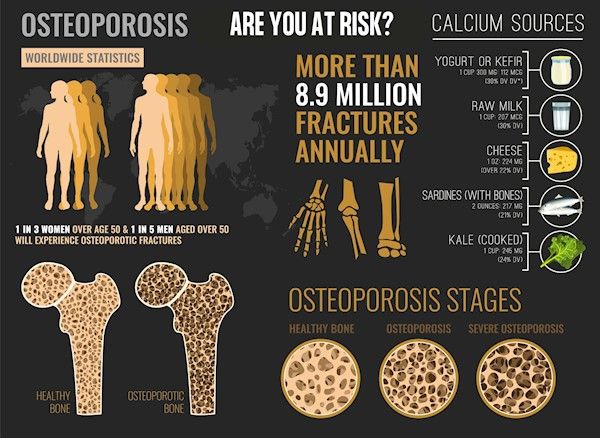As we age, it is important to pay attention to our bone health to prevent issues such as osteoporosis and fractures. By taking proactive steps, you can maintain strong and healthy bones well into your golden years. Here are some tips for keeping your bones in top shape:
Eat a Balanced Diet
One of the most crucial factors in maintaining bone health is having a well-rounded diet that includes plenty of calcium and vitamin D. Calcium is essential for building and maintaining strong bones, while vitamin D helps your body absorb calcium. Include dairy products, leafy greens, nuts, and seeds in your meals to ensure you are getting an adequate amount of these nutrients.
Stay Active
Regular exercise is another key component of bone health. Weight-bearing exercises such as walking, jogging, and weightlifting help stimulate bone growth and strengthen your bones. Aim for at least 30 minutes of moderate exercise most days of the week to keep your bones strong and healthy.
Avoid Smoking and Excessive Alcohol Consumption
Smoking and heavy alcohol consumption can have a negative impact on your bone health. Smoking can decrease bone density and increase your risk of fractures, while excessive alcohol consumption can interfere with calcium absorption and lead to weakened bones. If you smoke or drink alcohol, consider quitting or cutting back to protect your bone health.
Get Regular Check-ups
As you age, it is important to stay on top of your bone health by getting regular check-ups with your healthcare provider. They can perform bone density tests to assess your risk of osteoporosis and recommend treatments or lifestyle changes to help keep your bones strong. Be sure to follow their recommendations and attend any follow-up appointments to monitor your progress.
Take Supplements if Necessary
If you are not getting enough calcium or vitamin D from your diet, your healthcare provider may recommend taking supplements to ensure you are meeting your daily requirements. It is important to follow their guidance and use supplements as directed to avoid any potential side effects or interactions with other medications.
Practice Fall Prevention
As we age, our risk of falls and fractures increases. Take steps to reduce your risk by keeping your home well-lit, removing obstacles that could cause tripping, and using handrails on stairs and in the bathroom. Wearing supportive footwear and practicing balance exercises can also help prevent falls and protect your bones.
Conclusion
Maintaining bone health is essential for overall wellness as you age. By following these tips and making bone health a priority, you can ensure that you stay strong and active well into your later years. Remember to consult with your healthcare provider for personalized recommendations and guidance on maintaining your bone health.
